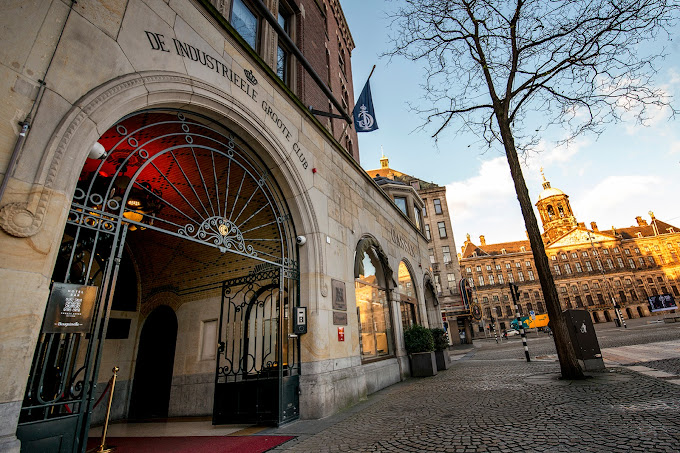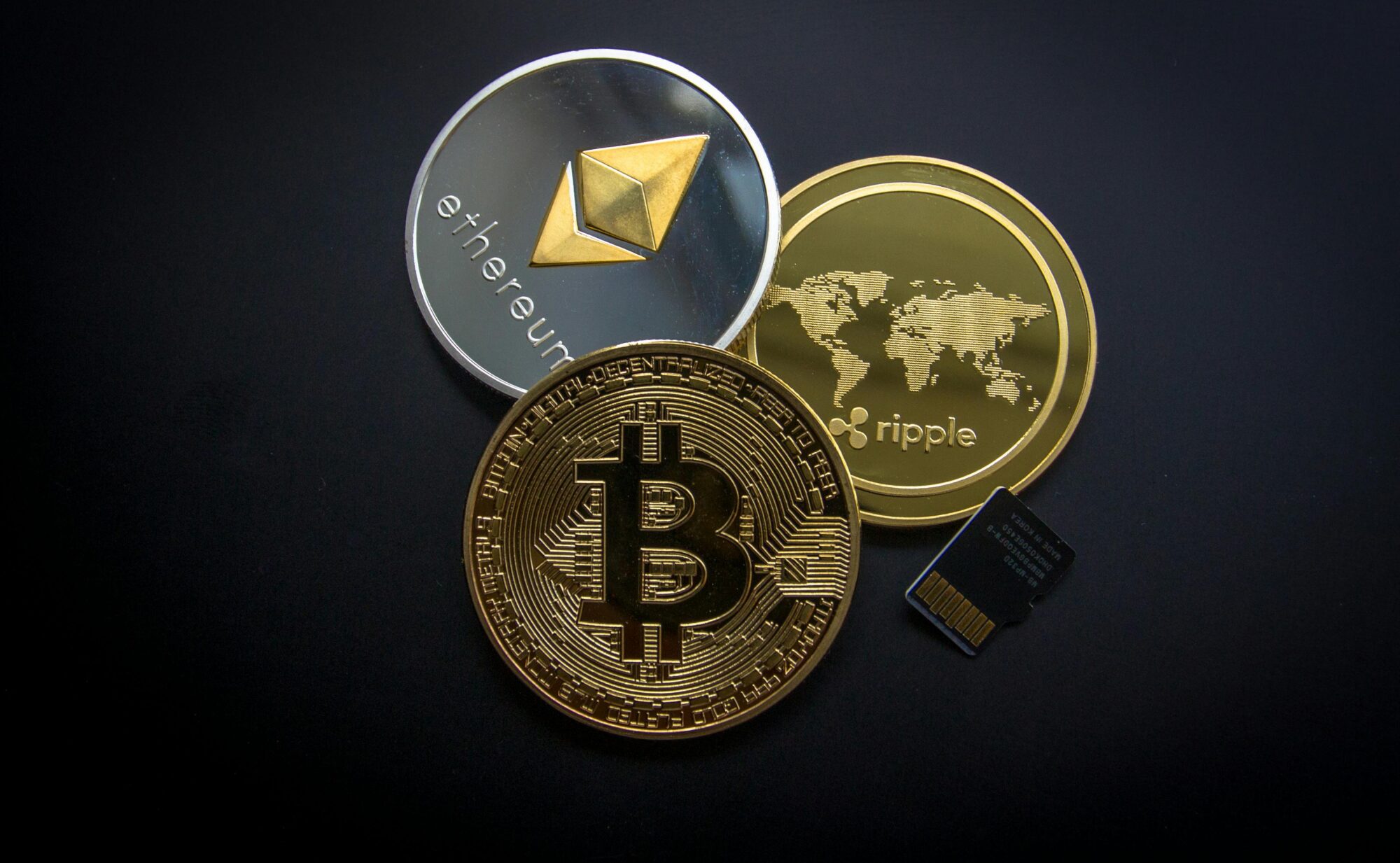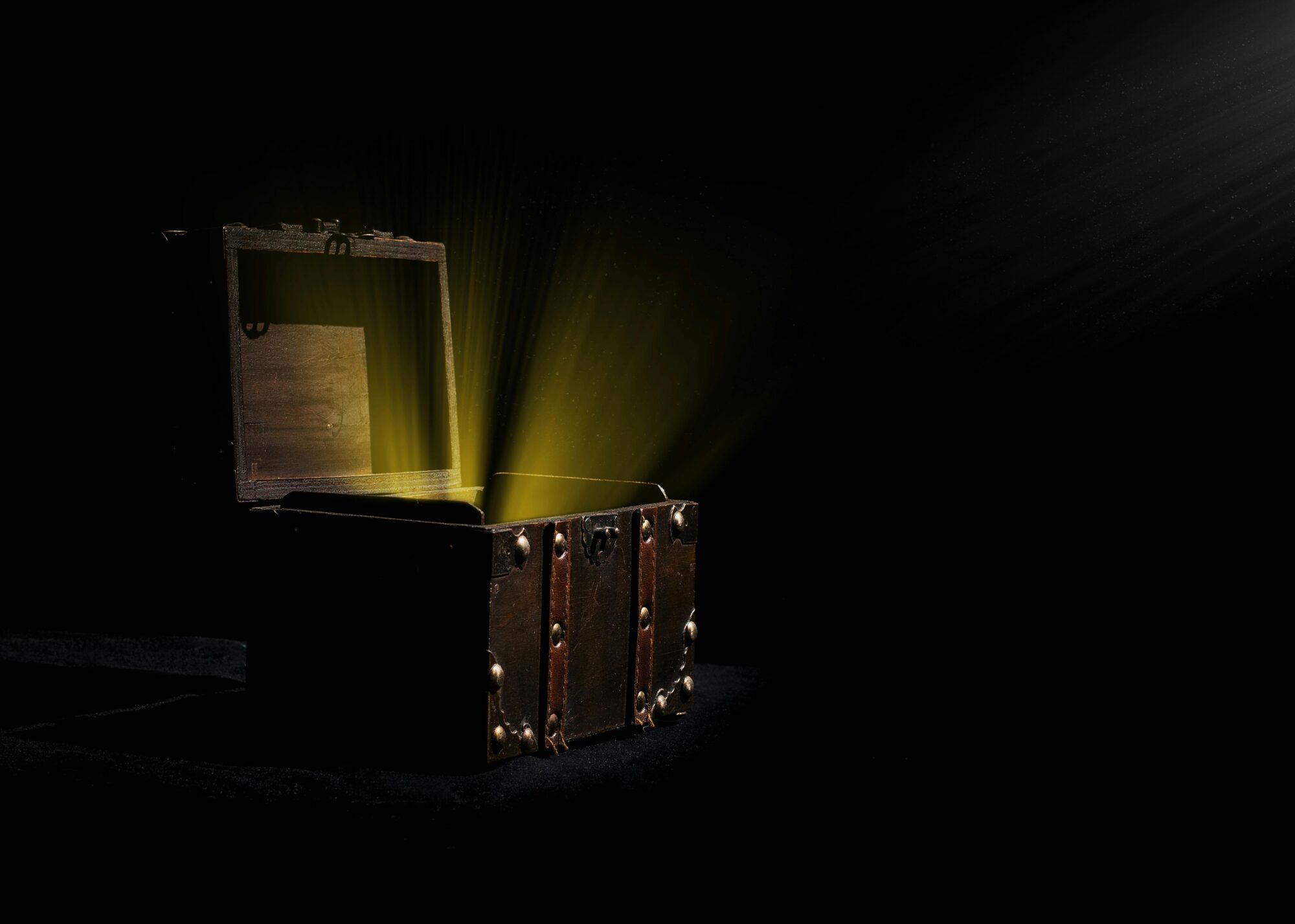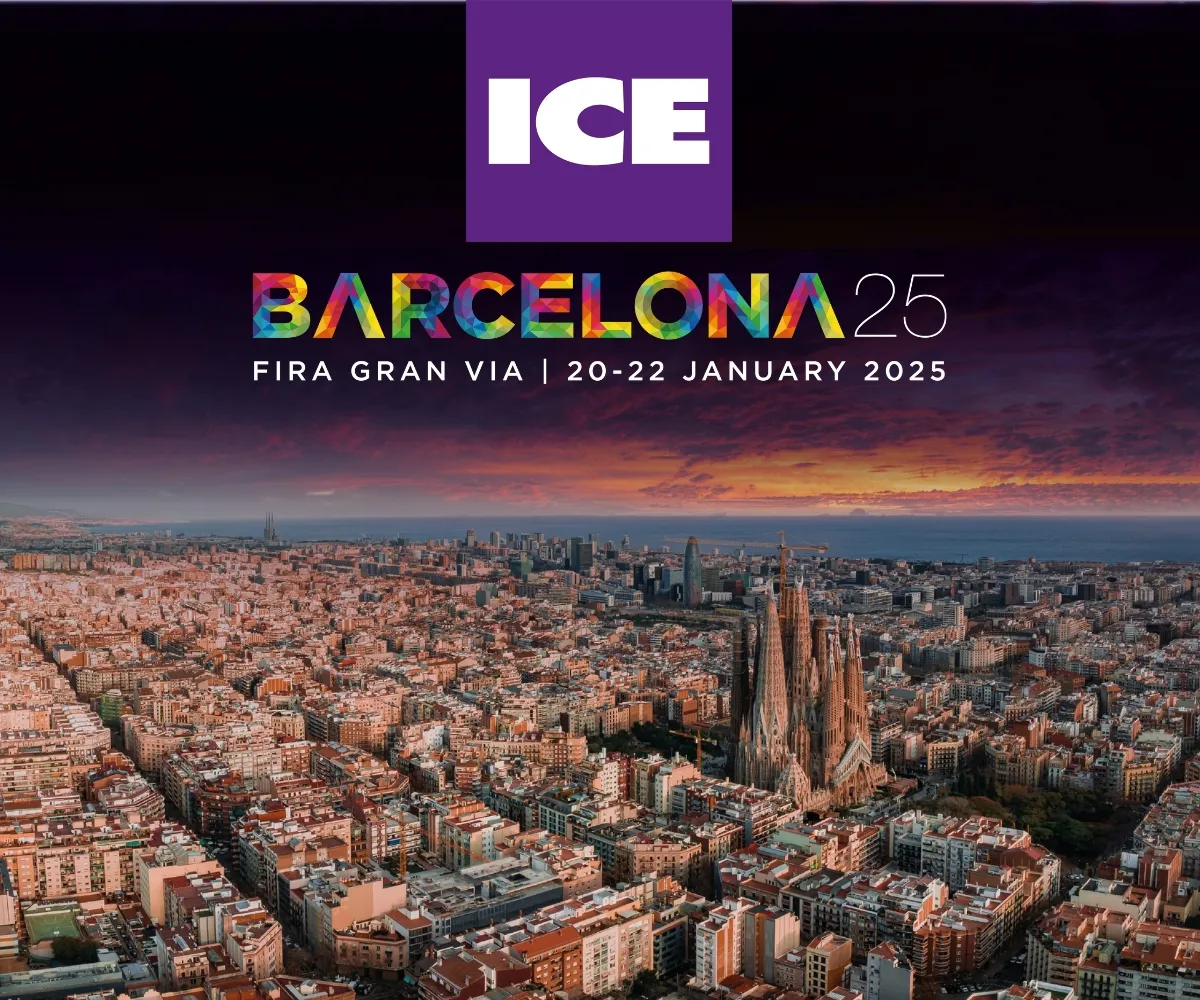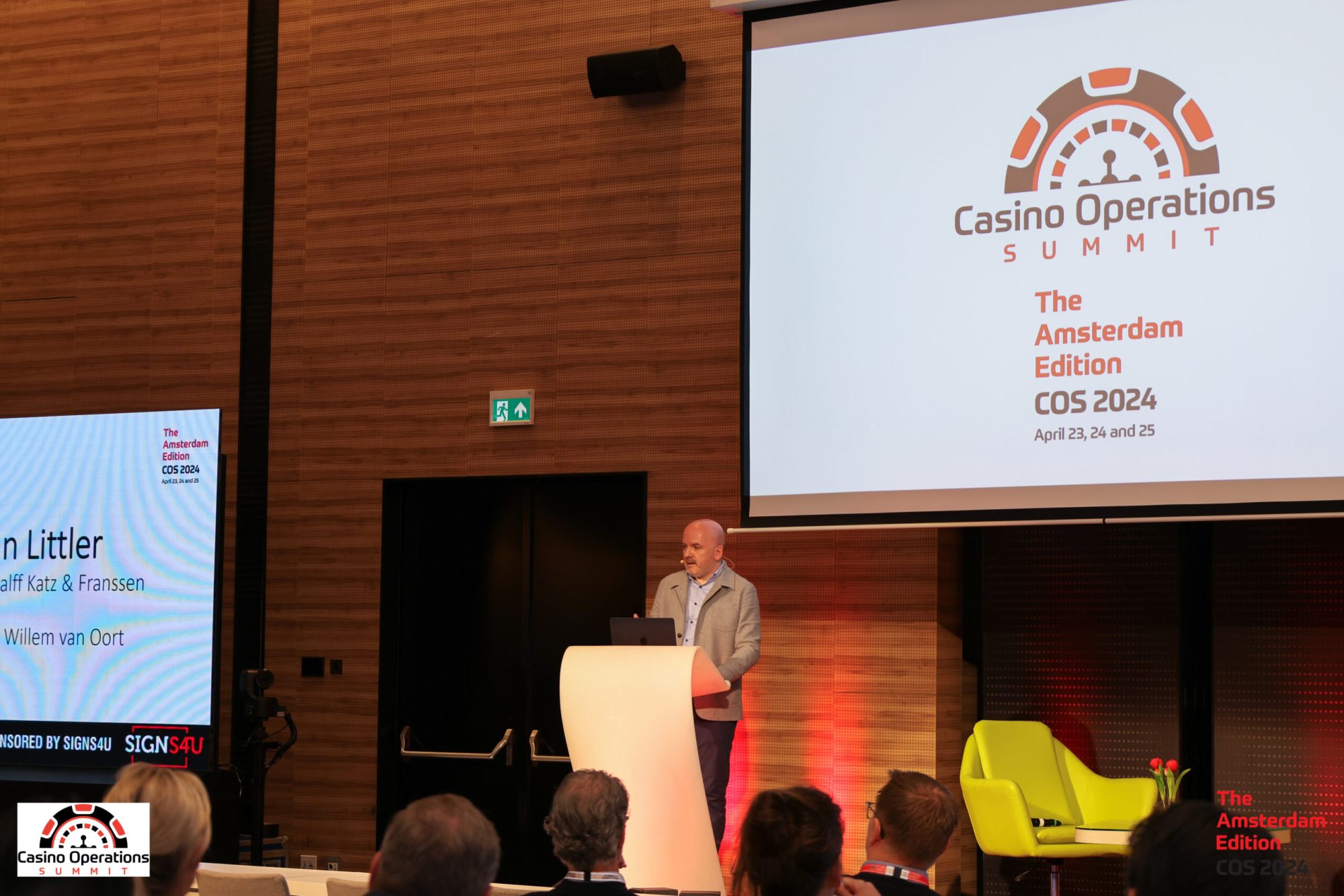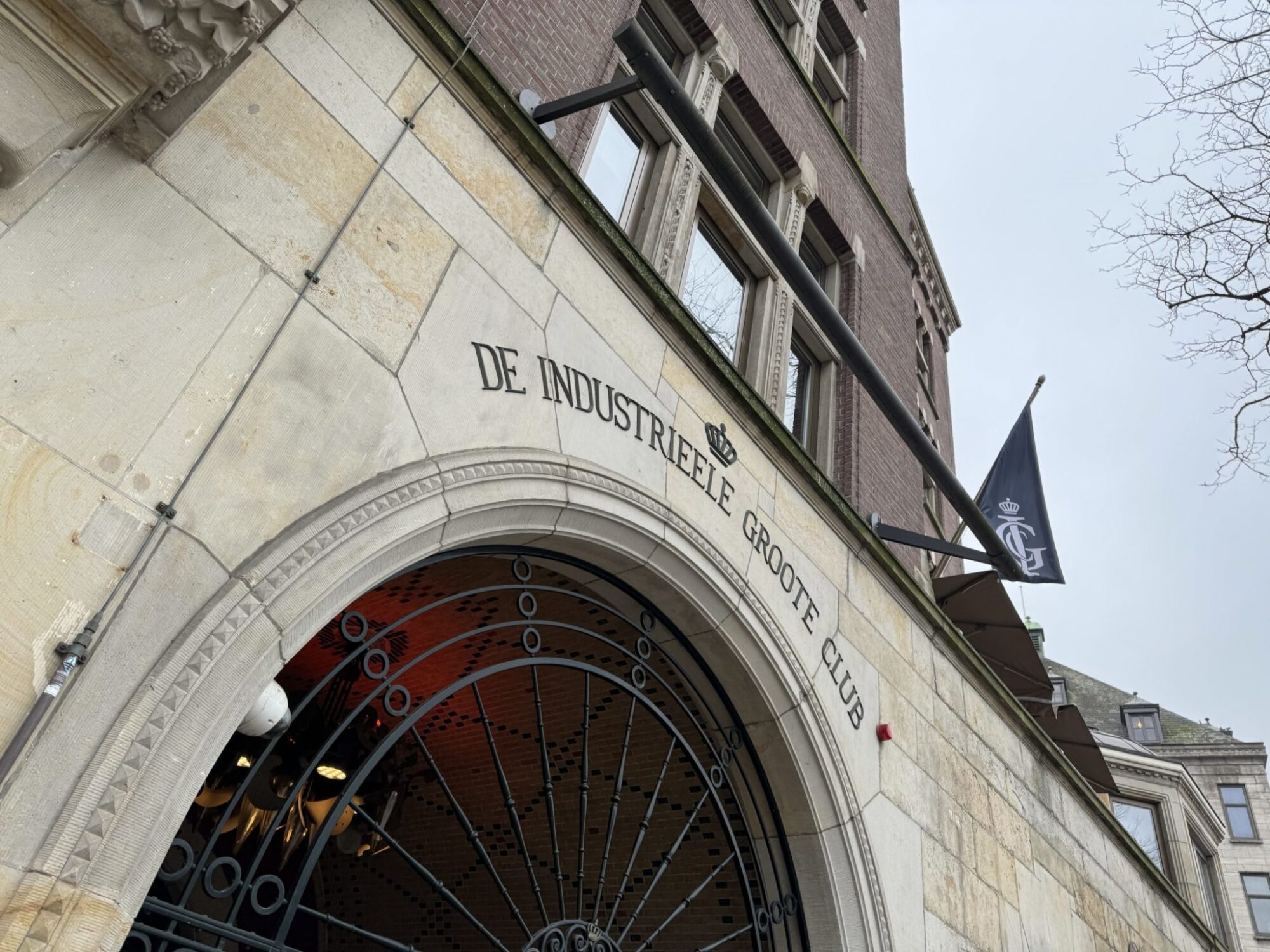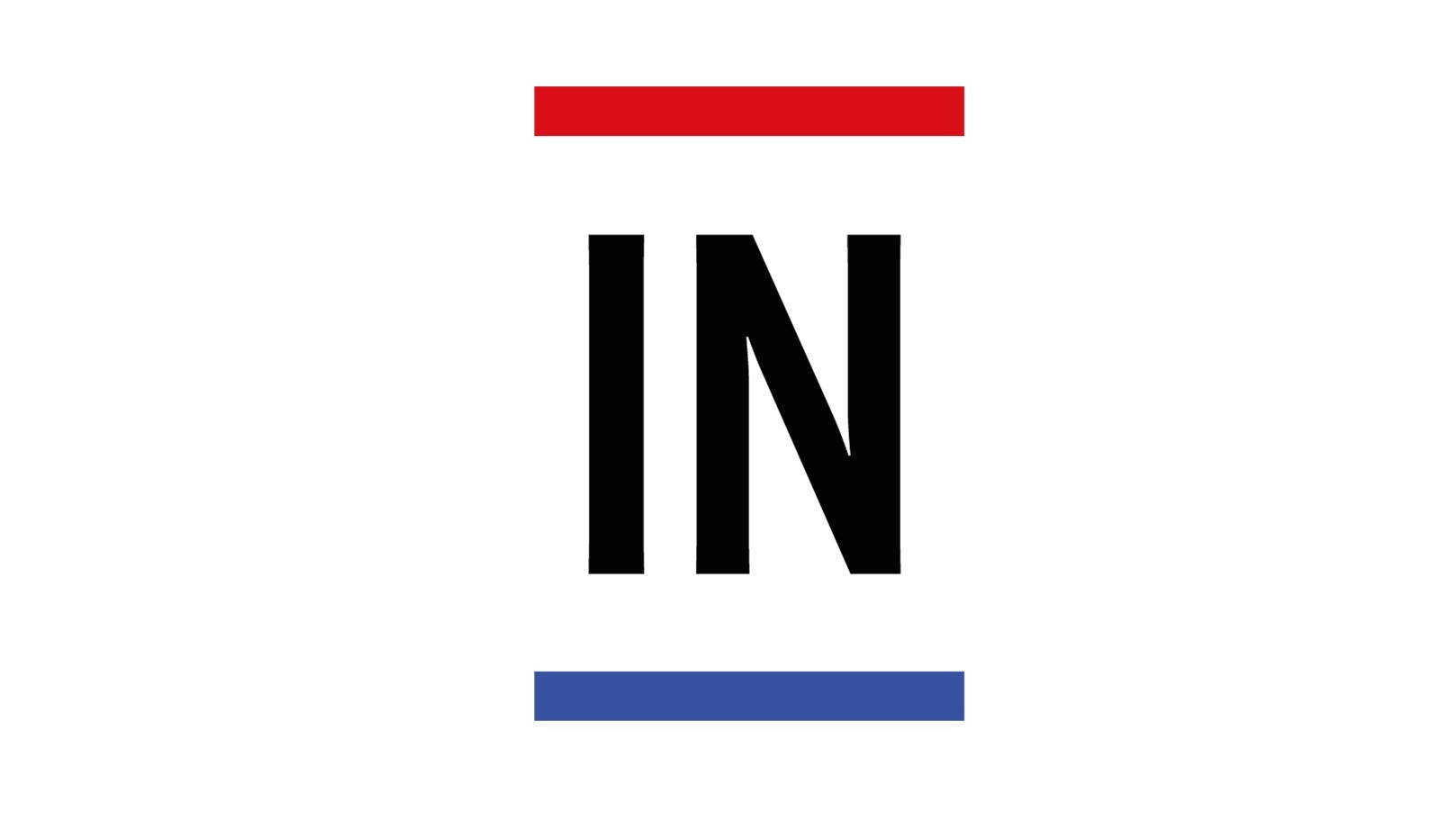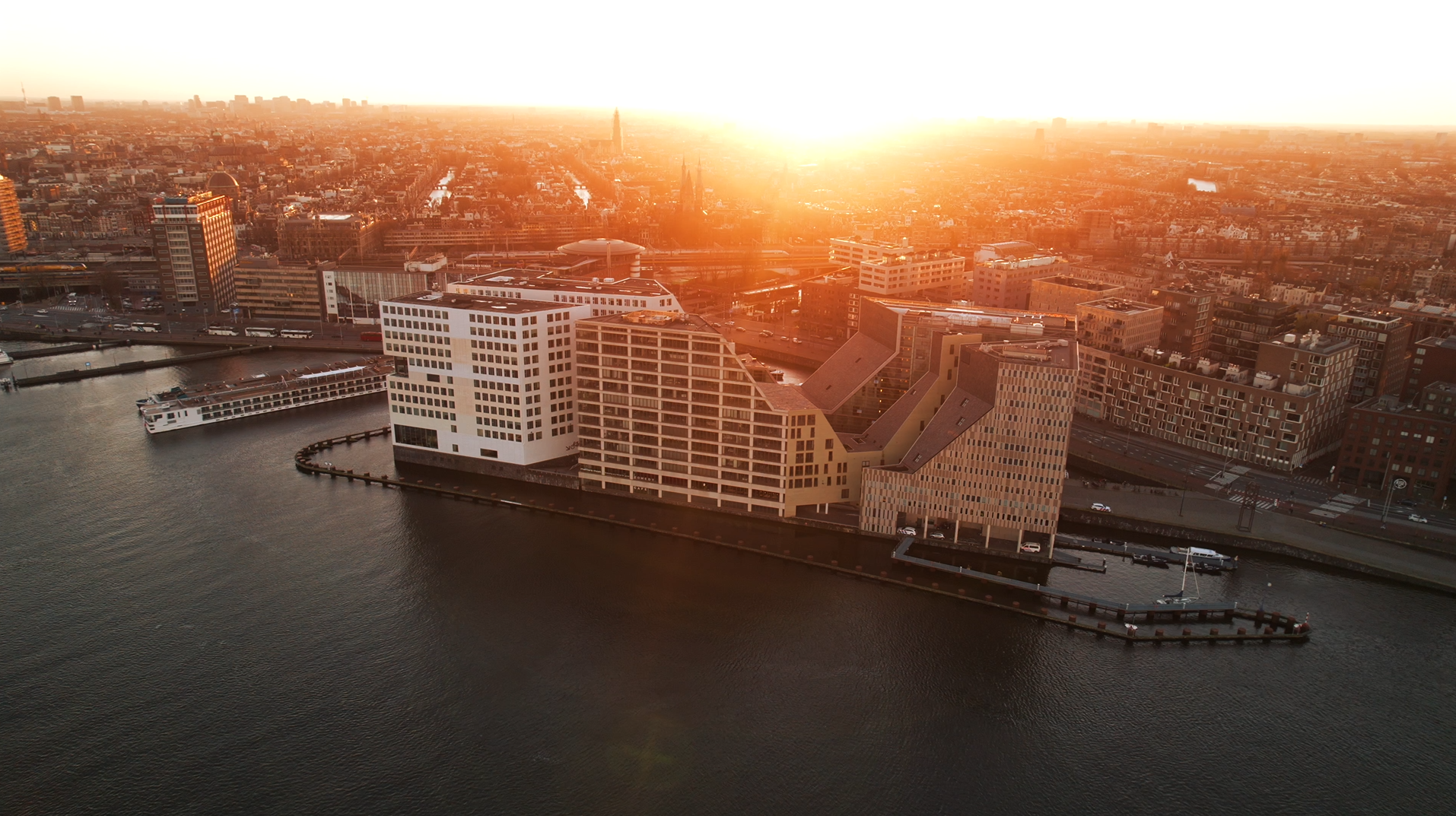
Netherlands State Lottery held accountable for misleading advertisements

- News
NETHERLANDS STATE LOTTERY MUST REIMBURSE THE PURCHASE PRICE OF LOTTERY TICKETS (MINUS THE AMOUNT WON) THAT WERE BOUGHT AS A RESULT OF MISLEADING ADVERTISEMENTS.
On 7 April 2020 the Court of Appeal of ‘s-Hertogenbosch condemned the Netherlands State Lottery (“State Lottery”) to pay approximately €8000 to a participant who bought lottery tickets between 2000 and 2008. Pursuant to Article 9 of the Betting and Gaming Act (Wet op de kansspelen) the exclusive and permanent licence to organise the national lottery is in hands of the State Lottery.
In January 2015, the Supreme Court decided that the advertisements by the State Lottery in the period 2000-2007, and once in 2008, were misleading in terms of inter alia the winning odds, the number of prizes won and the prize money. As such, the Supreme Court found it plausible that most consumers would not have bought the lottery tickets if the State Lottery’s advertisements had been accurate (judgment of 30 January 2015, ECLI:NL:HR:2015:178).
In response to this decision of the Supreme Court, the participant commenced legal proceedings against the State Lottery in which he claimed damages primarily on the basis of tort. Although the court of first instance rejected the claim (ECLI:NL:RBLIM:2018:4295), the Court of Appeal judged in his favour. Contrary to the decision of the first instance court, the Court of Appeal found it plausible that there was a causal link between the misleading advertisements and the decision of the participant to buy the lottery tickets. The Court of Appeal came to this decision on several grounds, including the fact that the participant sufficiently substantiated that he would not have bought the tickets had correct information been provided. The State Lottery did not provide facts or circumstances so as to convince the Court of Appeal to decide to the contrary. Therefore, the presumption of the presence of causality (between the misleading advertisements and the purchase of lottery tickets) was not disproven.
A spokesperson of the Netherlands Lottery Organisation, of which the State Lottery is a part of, has already indicated that an appeal to the Supreme Court will be filed. Considering the possible precedent this case might create, this step is not surprising.
